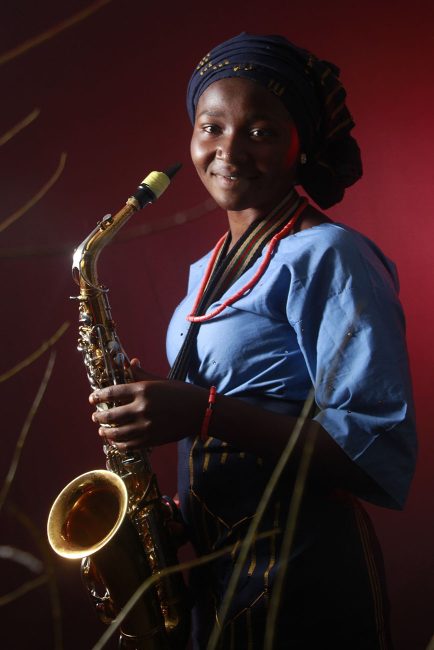Meet Adéṣínà
This persona is a fictional profile of a UMaine student. It was created using data to reflect the challenges, successes, and overall experiences of some of our students.

Age: 22 years old
Work: Graduate Teaching Assistant (GTA) at UMaine
Major: Ph.D. degree in Physics
Family: Single, second of three children
Challenge: Black, Indigenous, People of Color (BIPOC) at a Predominantly White Institution (PWI), First year in the U.S., non-American English accent
Languages spoken: Yoruba, Hausa, English, Russian
Location: Orono, ME
Where is home? Ibadan, Nigeria
Pronouns: She/her
Accessibility accommodations: None
